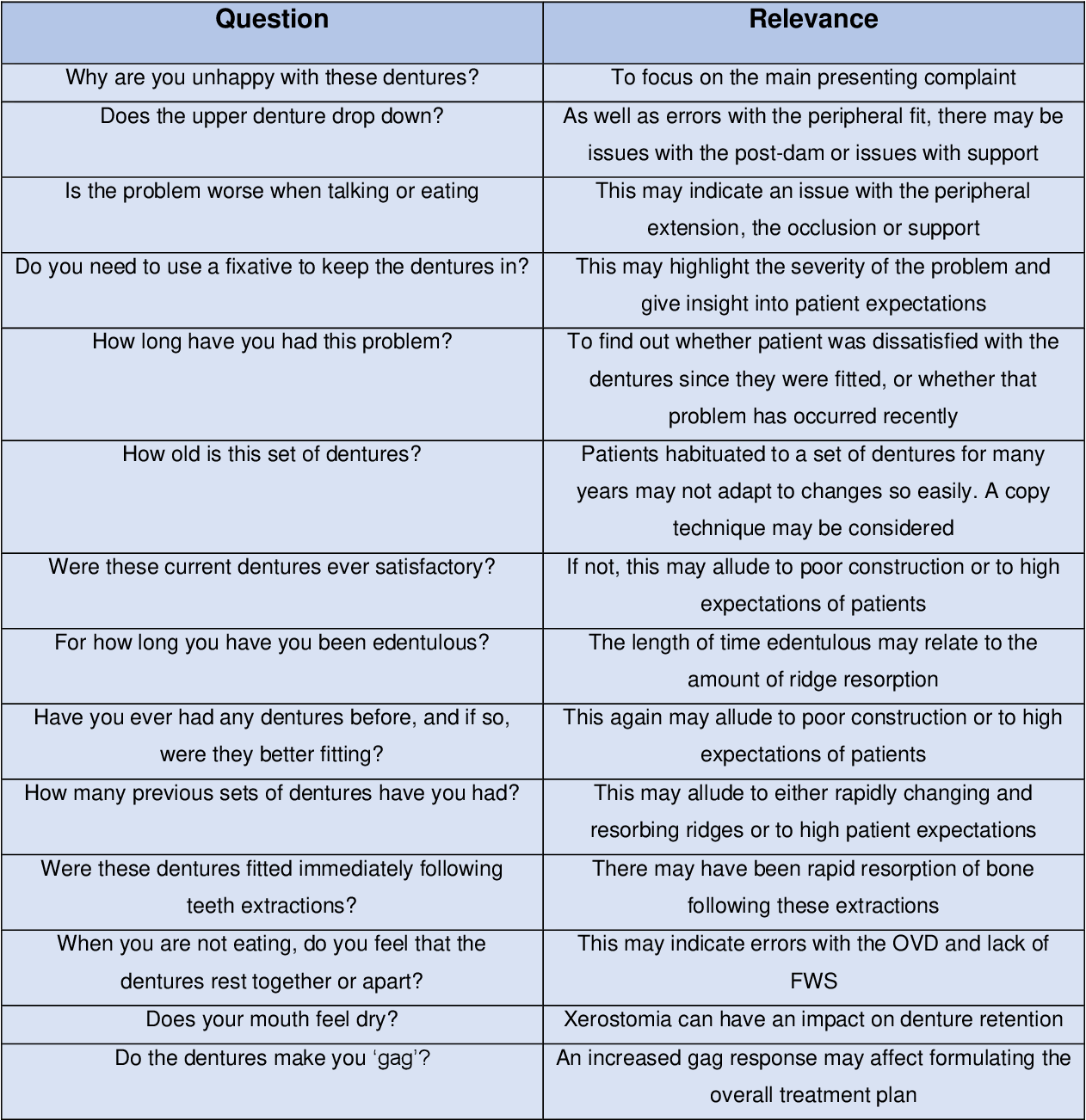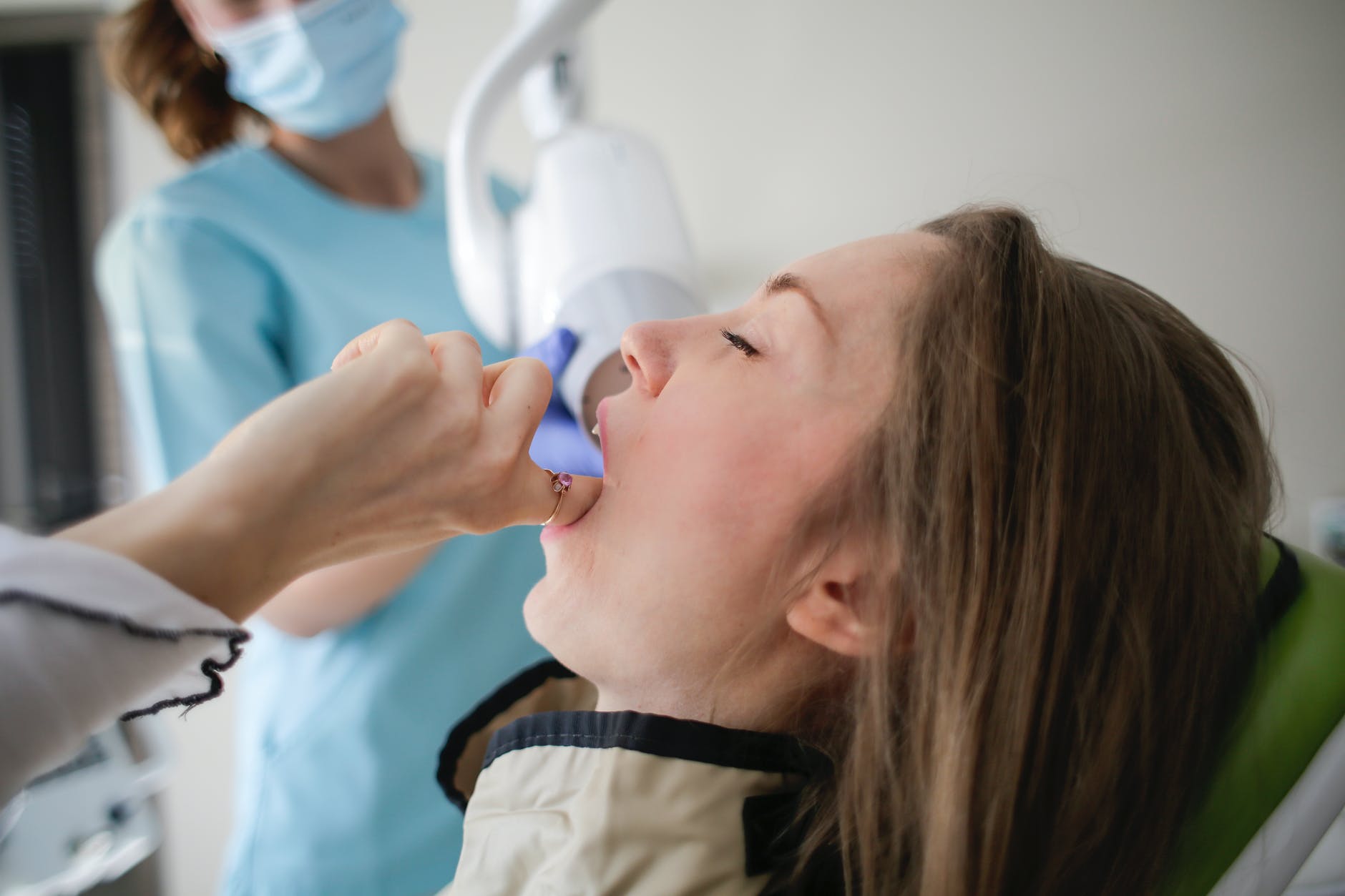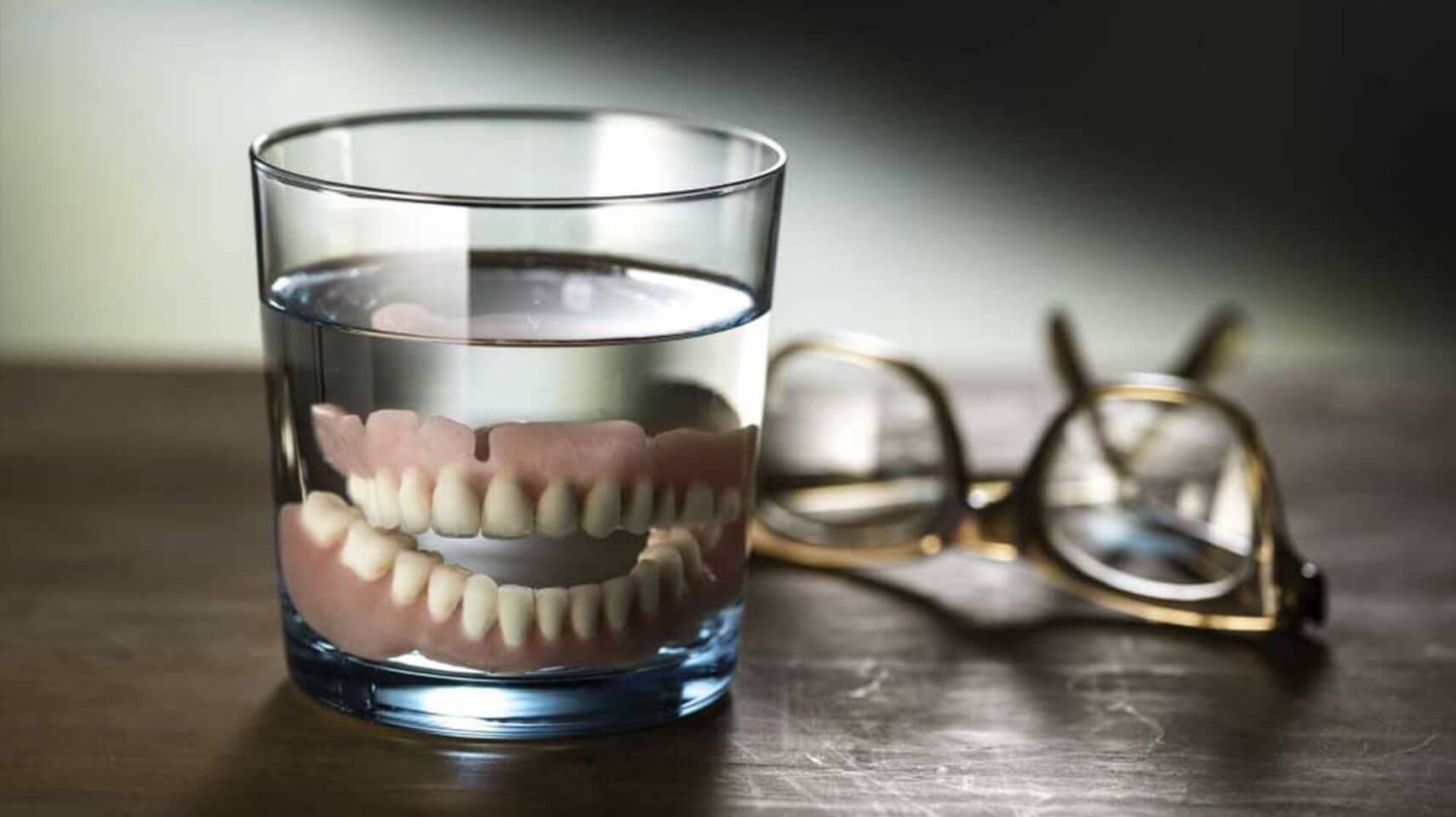Troubleshooting Common Issues With New Dentures
Are you dealing with the frustration of new dentures that just won’t cooperate? It’s like trying to navigate a rocky road with a car that keeps veering off course.
But fear not, because troubleshooting common issues with new dentures is easier than you think. From sore spots and friction to difficulty speaking clearly, we’ve got you covered.
And if your dentures refuse to stay in place or you’re having trouble eating and chewing, we’ve got solutions for that too.
Plus, we’ll address those pesky bad breath and oral hygiene issues.
So buckle up and get ready to hit the road to denture success!
Key Takeaways
– Ill-fitting dentures can cause sore spots and friction
– Difficulty speaking clearly can be caused by new dentures
– Dentures may not stay in place if they do not fit properly
– Adjusting to eating and chewing with dentures may be challenging
Sore Spots and Friction
Are you experiencing any sore spots or friction with your new dentures? It’s not uncommon to experience some discomfort when you first start wearing dentures. Sore spots and friction occur when the dentures rub against your gums or other soft tissues in your mouth. This can lead to redness, tenderness, and even painful ulcers. However, there are some simple steps you can take to alleviate these issues.
Firstly, make sure that your dentures fit properly. Ill-fitting dentures can cause excessive pressure on certain areas, leading to sore spots. If you notice any discomfort, it’s essential to visit your dentist or prosthodontist to have your dentures adjusted.
Another solution is to use a denture adhesive. These products can help create a better seal between your dentures and gums, reducing the friction and minimizing sore spots. Be sure to follow the instructions carefully when applying the adhesive.
Additionally, practicing good oral hygiene is crucial. Clean your dentures regularly and thoroughly, as well as gently brushing your gums and tongue. This will help prevent any buildup of bacteria or food particles that can worsen sore spots.
Difficulty Speaking Clearly
If you’re experiencing difficulty speaking clearly with your new dentures, there are a few factors to consider. Adjusting to dentures can take time, and speech issues are common during this period. Here are a few things to keep in mind:
– Muscle coordination: Your tongue and lips need to adapt to the new shape and size of your dentures. This may cause temporary difficulties in pronouncing certain sounds.
– Proper fit: Ill-fitting dentures can affect your ability to speak clearly. If your dentures are loose or uncomfortable, they may shift while you talk, leading to slurred or unclear speech.
– Saliva production: Dentures can sometimes stimulate excess saliva production, making it harder to speak clearly. This is usually temporary and should improve as your mouth adjusts.
– Practice: Speaking with dentures is a skill that requires practice. Regularly reading aloud, speaking slowly, and enunciating clearly can help improve your speech.
– Professional adjustment: If you continue to have difficulty speaking, it’s essential to visit your dentist or prosthodontist. They can evaluate the fit of your dentures and make necessary adjustments to improve your speech.
Dentures Not Staying in Place
Having trouble keeping your new dentures in place? This can be a frustrating issue, but rest assured, there are solutions available to help improve the stability of your dentures.
One common reason why dentures may not stay in place is due to inadequate fit. Over time, the shape of your jawbone may change, causing your dentures to become loose. If this is the case, it’s important to visit your dentist for adjustments or a possible denture reline.
Another reason for dentures not staying in place could be improper placement. Make sure you’re inserting your dentures correctly and applying the right amount of adhesive.
Additionally, saliva can affect the adhesion of dentures, so it’s important to keep your mouth moist by staying hydrated and using saliva substitutes if necessary.

Lastly, certain oral habits such as grinding or clenching your teeth can cause dentures to shift. If you have these habits, discuss them with your dentist who may recommend a night guard or other solutions.
Trouble Eating and Chewing
Experiencing difficulties with eating and chewing is a common concern when adjusting to new dentures. It can take some time for your mouth to get used to the feel and movement of the dentures. Here are some common issues you may encounter and some tips to help you overcome them:
– Soreness: Your mouth may feel sore as the muscles and tissues adjust to the new dentures. Give yourself time to heal and avoid eating hard or chewy foods until the soreness subsides.
– Difficulty biting down: It may be challenging to bite down and chew with your new dentures. Start with soft foods and take small bites to ease into it. Cut your food into smaller pieces if necessary.
– Slippage: Dentures may slip or move while eating, making it difficult to chew. Use a denture adhesive to help keep them in place. Be sure to follow the instructions carefully to avoid using too much adhesive.
– Changes in taste: Some people experience changes in taste when wearing dentures. This can affect your enjoyment of food. Experiment with different seasonings and spices to enhance the flavor of your meals.
– Challenges with certain foods: Sticky or hard foods, such as caramel or nuts, may present challenges when eating with dentures. Consider avoiding these foods or finding alternative ways to enjoy them, such as melting caramel for a sauce or grinding nuts into a powder.
Bad Breath and Oral Hygiene Issues
To address bad breath and oral hygiene issues with new dentures, focus on maintaining proper oral care habits.
It’s essential to develop a routine that includes brushing your dentures at least twice a day, just like you’d with natural teeth. Use a soft-bristled brush and a non-abrasive denture cleaner to gently clean your dentures, ensuring that you remove any food particles or plaque buildup.
Remember to also clean your gums, tongue, and the roof of your mouth to eliminate bacteria and reduce the risk of bad breath.
In addition to regular cleaning, it’s crucial to soak your dentures overnight in a denture cleaning solution or plain water. This helps to keep your dentures clean and fresh, as well as preventing any unpleasant odors.
Before putting your dentures back in your mouth in the morning, thoroughly rinse them to remove any residue from the cleaning solution.
Maintaining good oral hygiene with new dentures also involves taking care of your natural teeth and gums. Brush them gently with a soft-bristled toothbrush and fluoride toothpaste, and remember to floss daily to remove any trapped food particles.
Frequently Asked Questions
How Long Does It Take for Sore Spots and Friction to Heal When Wearing New Dentures?
When you first start wearing new dentures, it’s common to experience sore spots and friction. These issues occur as your mouth adjusts to the dentures.
The healing time for sore spots and friction can vary from person to person, but typically it takes a few weeks for them to fully heal.
During this time, it’s important to follow proper denture care and maintain regular check-ups with your dentist to ensure a comfortable fit and address any concerns.
Is It Normal to Experience Difficulty Speaking Clearly When First Wearing New Dentures?
Yes, it’s normal to experience difficulty speaking clearly when first wearing new dentures. Your mouth needs time to adjust to the new appliance, and this can affect your speech.
Your tongue and muscles need to learn how to work with the dentures, so it may take a little practice before you can speak confidently.
Don’t worry, with time and practice, your speech will improve and become more natural.
What Can Be Done if Dentures Are Not Staying in Place?
If your dentures aren’t staying in place, there are a few things you can try.
First, make sure you’re properly cleaning your dentures and your mouth. Buildup of food particles can affect the fit.
You can also try using a denture adhesive to help keep them in place.
If these solutions don’t work, it’s best to visit your dentist.
They can adjust the fit of your dentures or recommend other options to ensure they stay in place comfortably.
Are There Any Tips or Remedies to Help With Trouble Eating and Chewing With New Dentures?
Are you having trouble eating and chewing with your new dentures? Don’t worry, there are some tips and remedies that can help.
First, start with soft foods and gradually work your way up to harder textures. Take smaller bites and chew slowly to give your mouth time to adjust.
You can also try using denture adhesive to improve stability.
And don’t forget to practice good oral hygiene and visit your dentist regularly for adjustments and guidance.
How Can Bad Breath and Oral Hygiene Issues Be Addressed When Wearing New Dentures?
To address bad breath and oral hygiene issues with new dentures, there are a few things you can do.
First, make sure to clean your dentures thoroughly every day using a denture cleaner and a soft-bristled toothbrush. This will help remove any food particles or bacteria that can cause bad breath.
Additionally, it’s important to clean your mouth and tongue regularly, as well as stay hydrated and avoid foods that can contribute to bad breath.
Following these steps will help maintain good oral hygiene while wearing your new dentures.
Conclusion
In conclusion, troubleshooting common issues with new dentures is essential for a comfortable and functional fit. By addressing sore spots, friction, difficulty speaking, denture stability, and oral hygiene, individuals can overcome these challenges and enjoy the benefits of their new dentures.
Remember to consult with a dentist or denturist for personalized guidance and solutions. With proper care and adjustments, the transition to wearing dentures can be a successful and positive experience.



